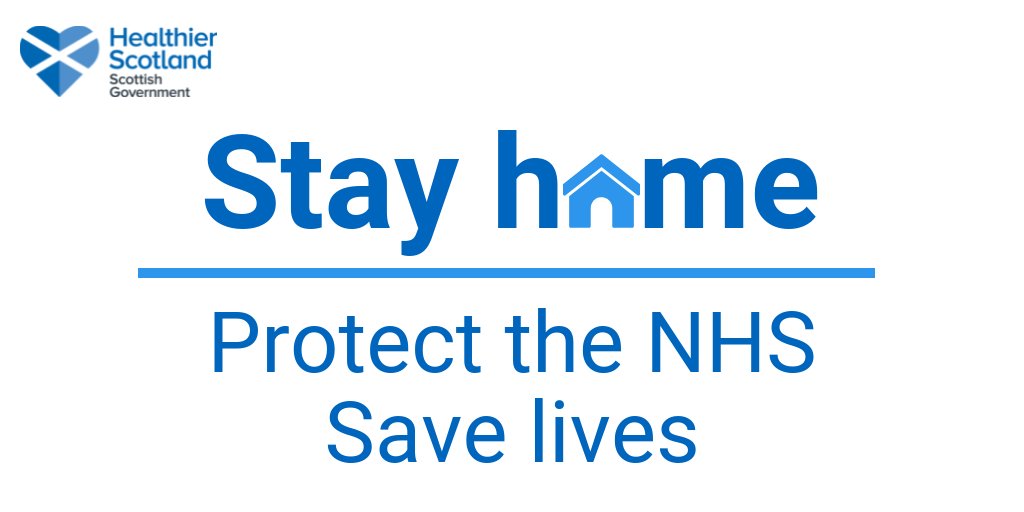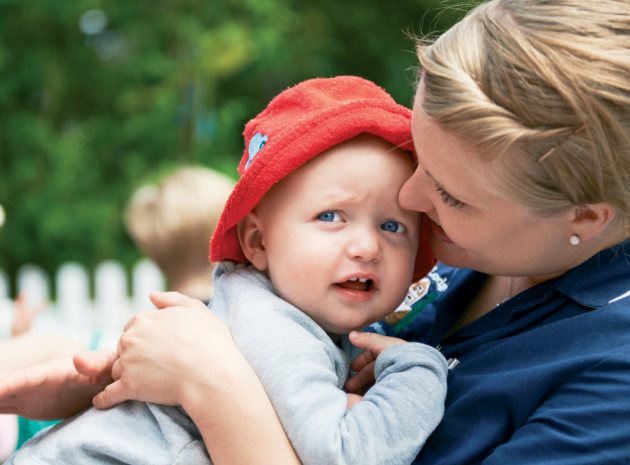Six months ago I wrote a blog about love in the times of Covid. Sadly we are still in the grip of the pandemic and where science will undoubtedly be the thing that gets us out the other side of this, love will be the thing that mends our fractured relationships.
I have been struggling to fit in finding time to make my corrections to my phd thesis because work has been incredibly tough and busy. While I don't mind working from home, 9 months on I am really feeling the effects of missing relationships. I have contact with colleagues on zoom but nothing replaces those passing conversations about people's lives, shared family stories, physical touch.
I am almost there with my revisions and will hopefully be able to send them off in January. My hassle and stress will be short lived. But I am working with nurseries who are struggling to run services under financial and emotional strain. The settings I work with have shown an amazing resilience and without doubt their focus has been on the wellbeing and support for the children and families who use their services. I am in awe of how they have adapted and managed to keep going despite huge sums of money being spent on making nurseries covid-safe not to mention a drop in attendance of children, and issues around self isolation. The ELC sector never ceases to amaze me, under very difficult circumstances staff have turned up at their work, been there for children and families and shown love and protection for them.
It could be argued that it is their job to be there, it is what they are paid to do, but I believe ELC staff have demonstrated love-led practice throughout this pandemic. During the first lockdown where we knew very little about the virus and were often scared by the rising numbers of deaths and infection rate, ELC staff went in to provide emergency childcare. Initially there was little guidance around keeping themselves and the children safe other than traditional infection control guidance (that came later as we began to know more).
The remarkable thing for me was how they put aside their own, very real, fears and went into provide childcare for the children of key workers. I recently heard of a study which among other things asked early years staff what they had been scared of https://famly.co/blog/management/covid-19-child-care-study-yale/. There were a number of issues such as bringing the virus into the setting, taking it home, not being vigilant enough but most said no one had asked them what they had been scared of. This finding really fascinated me. Practitioners in ELC have just gotten on with the job, and have we really considered how all of this has impacted upon them? It is a real testimony to their resilience and dedication that the children will have received the best, loving care that they could provide despite their own fears.
In my research I suggest that love can be found in all aspects of practice, not just the ones which might be associated with emotions and I think this example demonstrates that perfectly. Practitioners were willing to put aside very real fears about covid-19 to step up and provide early learning and childcare for the families they care about. Many stories can be found on social media daily about the extraordinary lengths practitioners have gone to support children and families through this pandemic to make them feel safe and loved. That isn't just done because you get paid a wage, that is something else.
I say it is love.
The politicians tell us there is light at the end of the tunnel, with a number of vaccines on the way but at the moment, it doesn't feel like that. We are still a long way off returning to life pre-covid. We might never get to that point, but one thing is for sure we need to celebrate the lengths that ELC staff have gone to in order for children to feel loved and safe when they come into nursery.
The children and families who experience those relationships with practitioners in ELC will remember that love forever.









